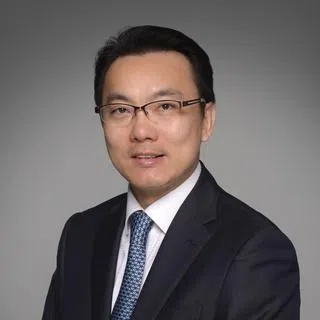The future of Singapore’s ethnic Chinese community: Reinforcing distinctiveness amid change
Amid Singapore’s close ties with China, the ethnic Chinese community in Singapore has grown into its own unique identity and status. Jiangsu Association (Singapore) president Zhou Zhaocheng shares his thoughts on the ethnic Chinese community in Singapore and its future outlook.
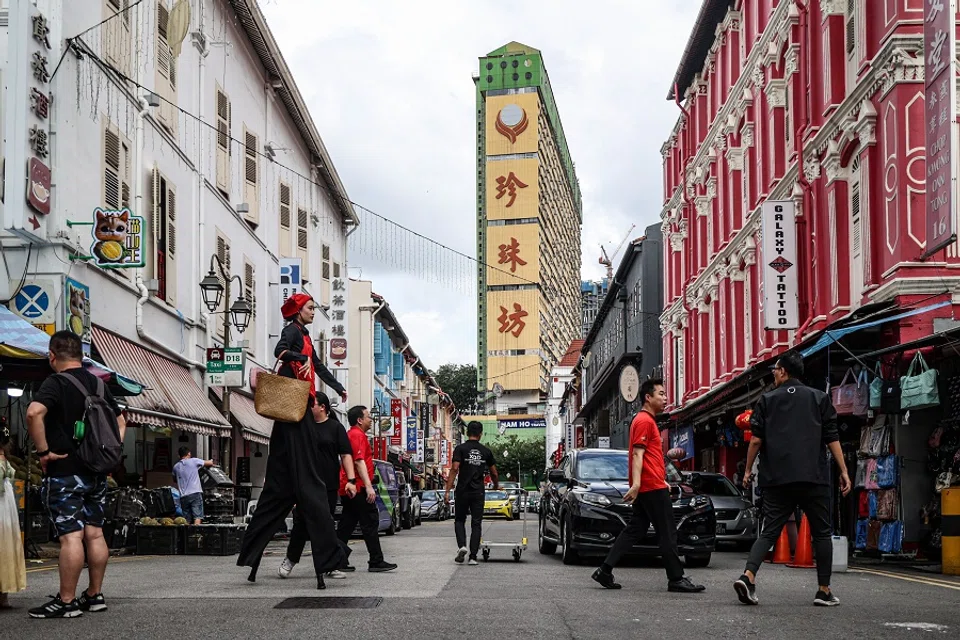
The Ee Hoe Hean Trialogue (怡和三人谈) coincides with four important events. The first is the 130th anniversary of the Ee Hoe Hean Club, a remarkable milestone for this vital organisation in the Singaporean Chinese community. The history of the club offers a window of observation for the relationship between the ethnic Chinese community in Singapore and China over the past century. As a board member of the club, I was happy to be one of the three speakers at the forum, along with Lee Huay Leng — the club’s first female member — and Leung Man-tao from Hong Kong, to talk about the future of the Chinese community.
Second, this year also marks the 40th anniversary of the Singapore Federation of Chinese Clan Associations (SFCCA). On the morning of the Ee Hoe Hean forum, a ceremony for the unveiling of the commemorative plaque was held on the first floor of the Singapore Chinese Cultural Centre, and SFCCA president Thomas Chua also mentioned the forum in his speech. The SFCCA’s 40th anniversary is a major milestone in the development of the ethnic Chinese community in Singapore, amid encouraging engagement between the various associations within the community.
The other two are national events, namely Singapore’s 60th anniversary, and the 35th anniversary of the official establishment of diplomatic relations between Singapore and China.
These events coming together would get people thinking, and so discussing the future of the ethnic Chinese community at this point takes on special significance.
The ethnic Chinese communities in various places such as Singapore, the US and Europe are not quite the same, with different levels of attachment to their mother tongue, cultural traditions and ancestry, along with different ideas of “who we are”...
Ethnic Chinese communities
The theme of the forum was taking a Singaporean and global perspective on the future outlook of the ethnic Chinese community. First, the term “ethnic Chinese community”. It is a phrase that is often used, but if we think about it, it is in fact a rather unusual concept. Does it mean a society, a social group, an enclave, or an association?
The ethnic Chinese communities in various places such as Singapore, the US and Europe are not quite the same, with different levels of attachment to their mother tongue, cultural traditions and ancestry, along with different ideas of “who we are”, as well as different relationships with the country they are in and their relations with China.
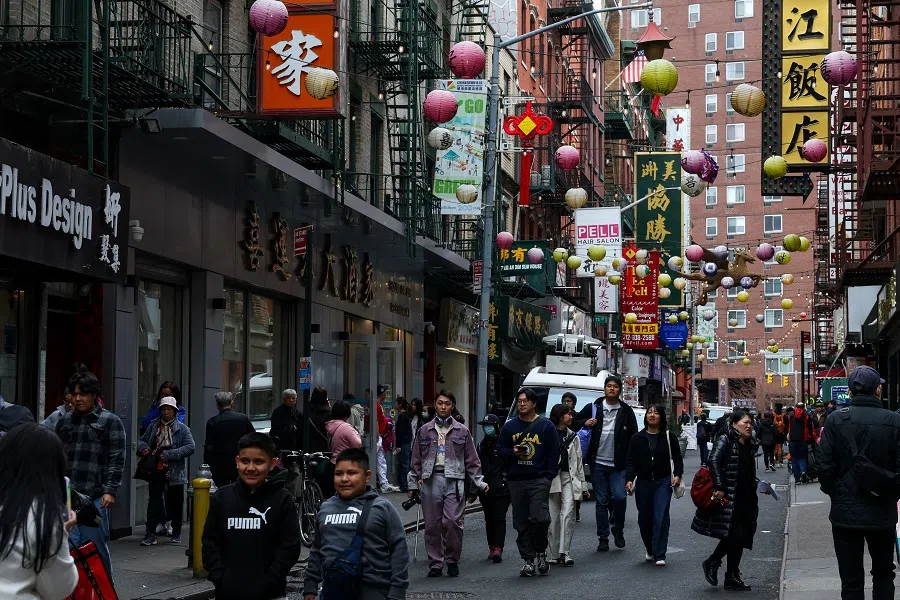
The term “ethnic Chinese community” (huashe, 华社) does not exist in China. If you were to talk about the ethnic Chinese community with a local in China, you might be met with a blank stare, because only overseas Chinese would use this term of the “other”. This is why the term has an inherent geographical dimension — the concept exists only outside of China.
The other key words in the theme of the forum are “Singaporean and global perspective”. But besides these two clear main players, there is a third “invisible lead”: China. In the end, all overseas ethnic Chinese communities have a profound connection to China. Culturally, emotionally, politically, and economically, all of the geopolitical changes that China faces would affect ethnic Chinese communities.
For instance, during US President Donald Trump’s first term, the general political atmosphere in the US started shifting, as Trump’s China Initiative directly impacted whether Chinese scientists or tech talents could stay in the country. According to data, over 5,000 Chinese scientists left American research institutions and returned to China during Trump’s first term. This was not a special campaign, but an indication of a historical change. And what did this wave of overseas returnees (haigui) mean for the development of the ethnic Chinese community in the US?
Returnees to China
The early 1950s saw the first wave of returnees to China. Many overseas ethnic Chinese, including Tan Kah Kee — a pioneering leader of the ethnic Chinese community in Singapore — went back to China to build New China. The second wave came in the 1990s following China’s reform and opening up policy, which saw many overseas Chinese returning to their homeland to start businesses.
While there are always returnees, for it to become a large-scale phenomenon, it must be driven by the context of the time. The wave of returnees in recent years was triggered by geopolitics that brought identity choices and risk management. This is also a complex thread that cannot be ignored when we discuss the future of the ethnic Chinese community from a global perspective.
Singapore has continually emphasised the independence and localisation of its ethnic Chinese community. Singapore’s ethnic Chinese culture has its own unique and distinct characteristics and development.
Let us look at the ethnic Chinese community in Singapore. Our relationship with China is nuanced and unique. On the one hand, the two nations have a bond that cannot be replicated anywhere else in the world, with several national-level joint projects — the Suzhou Industrial Park, Tianjin Eco City, and the Chongqing Connectivity Initiative — while Singapore has established bilateral cooperation councils with eight Chinese provinces and municipalities, led by Singaporean ministers and Chinese provincial governors. Singapore also has the highest frequency of flights to the most destinations in China, while the people have close exchanges and emotional ties.
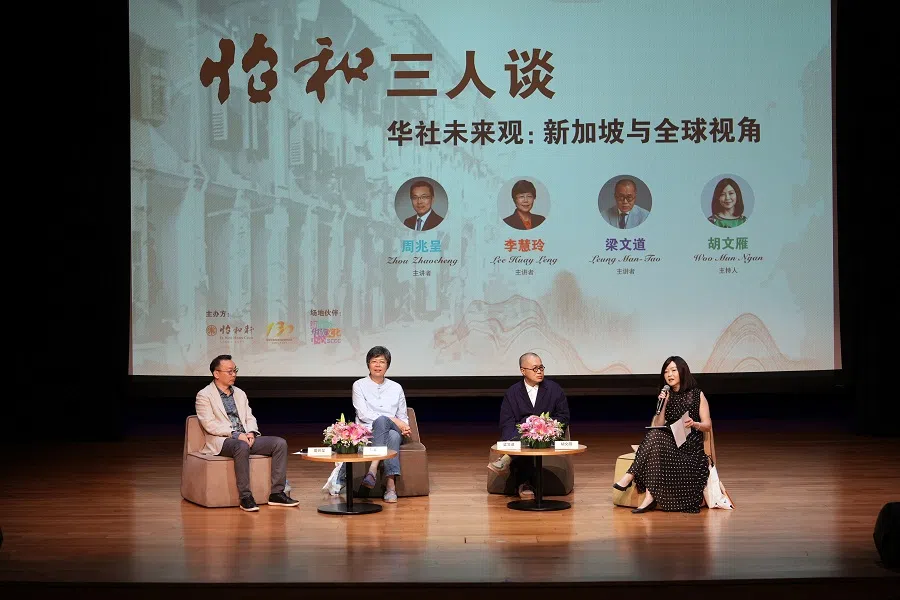
At the same time, Singapore has continually emphasised the independence and localisation of its ethnic Chinese community. Singapore’s ethnic Chinese culture has its own unique and distinct characteristics and development.
Over the 35 years of the official establishment of diplomatic relations between China and Singapore, there are two highlights that left a deep impression about Singapore on China and the ethnic Chinese community around the world.
The first came after Deng Xiaoping’s Southern Tour in 1992. Deng had heaped praise on Singapore, setting off a wave of “learning from Singapore” that swept through China. More than 400 delegations visited Singapore at that time, and highest among their ranks was Ding Guangen, Politburo member and Minister of the Central Propaganda Department. This first highlight also prompted a wave of Chinese immigrants to Singapore in the 1990s.
The second highlight was the post-Covid wave of Chinese enterprises going global. In 2023, a record 8,000 Chinese companies were registered overseas, with Singapore being the top destination of choice, including some who wanted to migrate to Singapore. In the past couple of years, we have met Chinese entrepreneurs and professionals here who have lived or studied in Europe and the US, or Southeast Asia; they are also a part of the global ethnic Chinese community.
Role of Singapore: Opportunities and challenges
So now, Singapore is no longer just a destination for immigration, but a hub for economic, technology and talent flow. Overseas returnees to China and Chinese venturing abroad are the force behind the economic, commercial, technological and talent flow around the world at different stages, and they have had a new impact on the ethnic Chinese community in Singapore.
The vitality of a community comes from choice, and the ethnic Chinese community in Singapore needs to be an open cultural experimental ground.
We are also seeing a change: Singapore’s stature among the ethnic Chinese community all over the world, as well as its advantages in governance and social order, are looking even more unique after the pandemic.
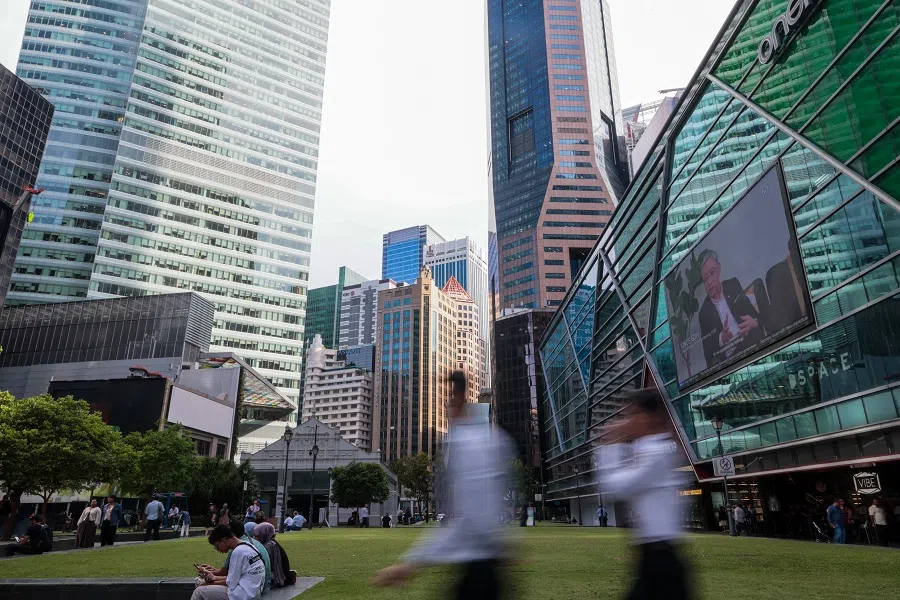
As to the future of the ethnic Chinese community, I feel there are three areas of note.
First, the ethnic Chinese community in Singapore will only become more distinct. This uniqueness is a construct based on heritage; heritage is prescribed, while a construct is by choice. The vitality of a community comes from choice, and the ethnic Chinese community in Singapore needs to be an open cultural experimental ground. Its future lies not only in how much tradition can be passed on, but on how much of a unique culture it can construct for itself; it could even potentially become a new voice for global Chinese culture.
Second, ethnic Chinese community organisations are becoming more diverse, and the platform model might become more prevalent in the future. Traditional clan associations were founded on blood ties and links to the same ancestral hometown; as these organisations evolve and new organisations appear, Chinese community associations have become akin to platforms matching resources from China to other places, assisting businesses in setting up, and coordinating trade and commerce cooperation and the flow of talent. This new model could allow the associations to play a larger role in the ethnic Chinese community.
Through WeChat, RedNote, and Douyin, ethnic Chinese around the world are focusing on the same hot topics and watching the same content almost simultaneously. This is an unprecedented scenario. But it also brings challenges...
Third, social media is reshaping public opinion on the ethnic Chinese community, and will continue to do so in the future. Through WeChat, RedNote, and Douyin, ethnic Chinese around the world are focusing on the same hot topics and watching the same content almost simultaneously. This is an unprecedented scenario. But it also brings challenges: information cocoons, the fracturing of beliefs and values, the fragmentation created by algorithms, and agenda-setting and opinion leading by various parties with vested interests. This complex arena with its huge differences will have a profound and far-reaching impact on the values of ethnic Chinese individuals, as well as how the community reacts to local and global affairs.
This article was first published in Lianhe Zaobao as “新加坡华社未来观:在变化中强化独特性”.
